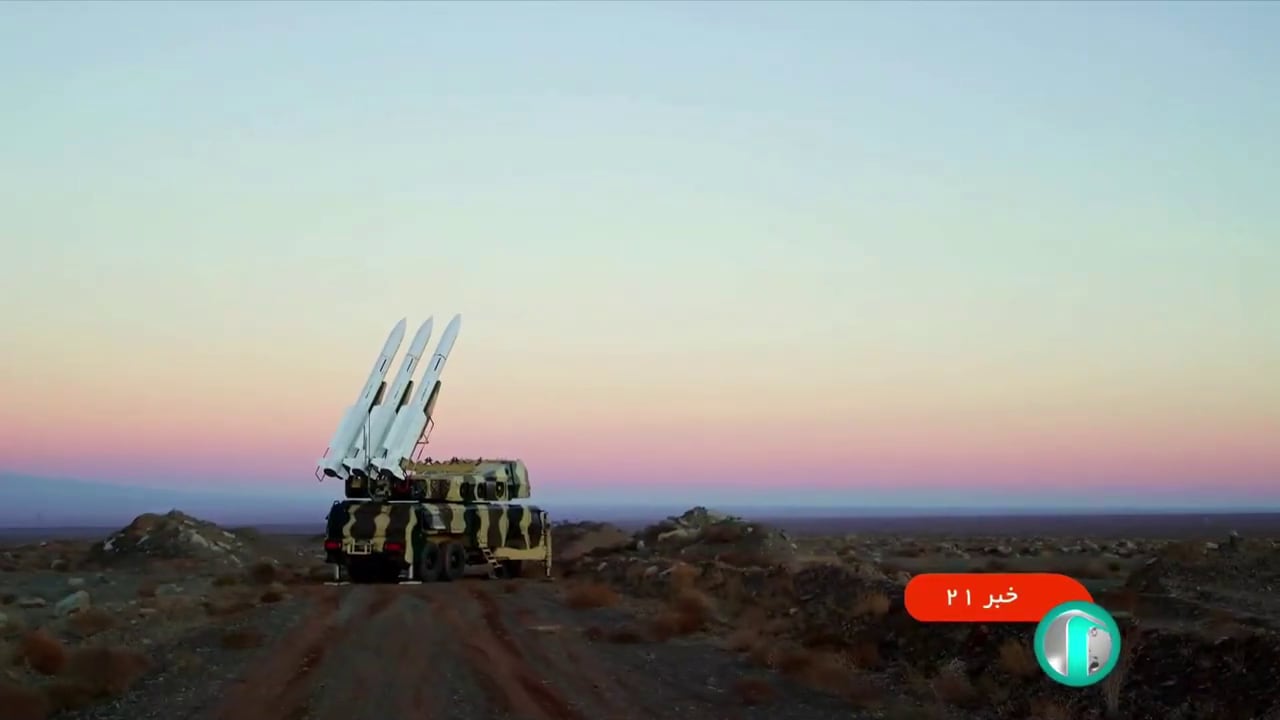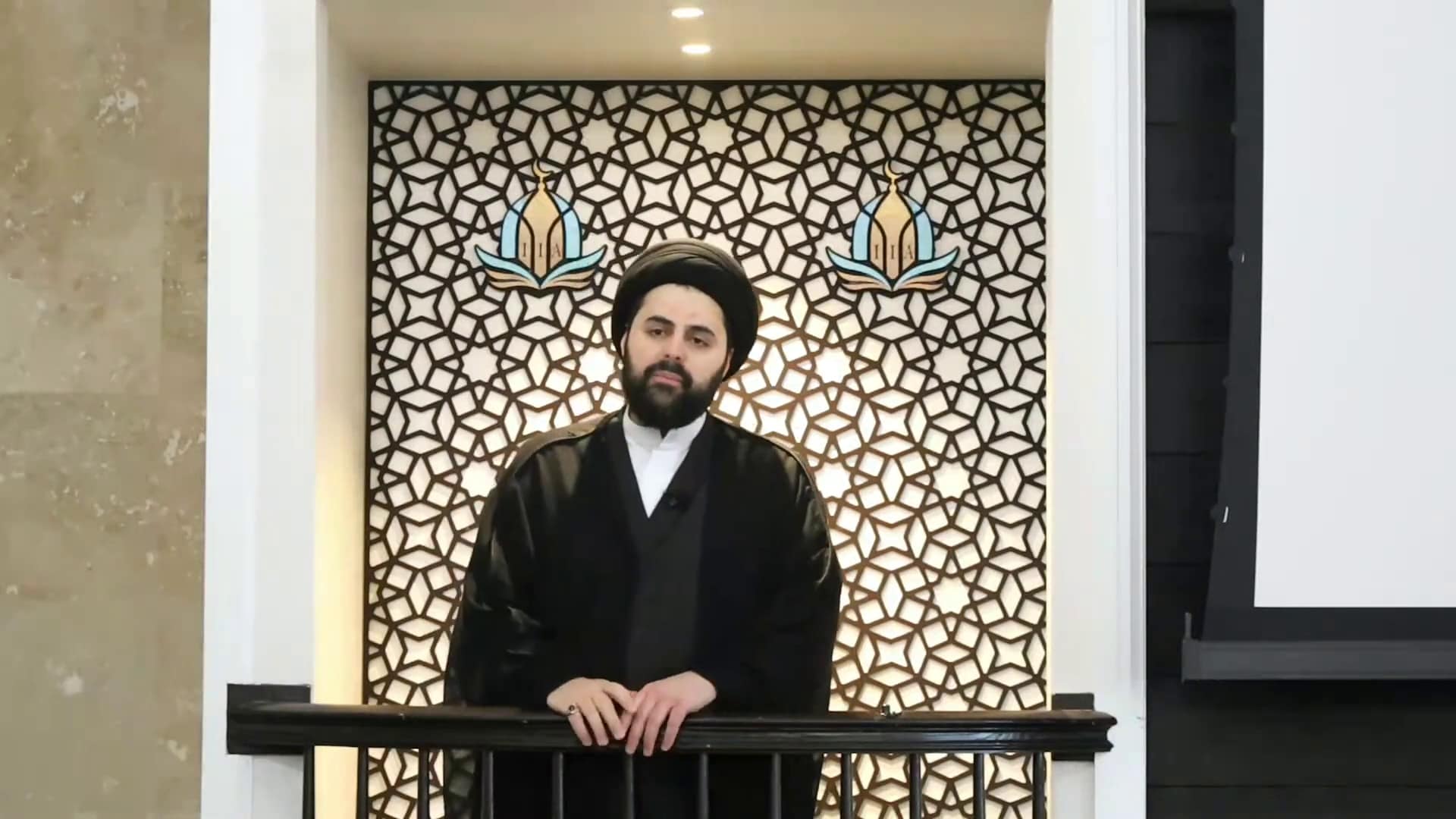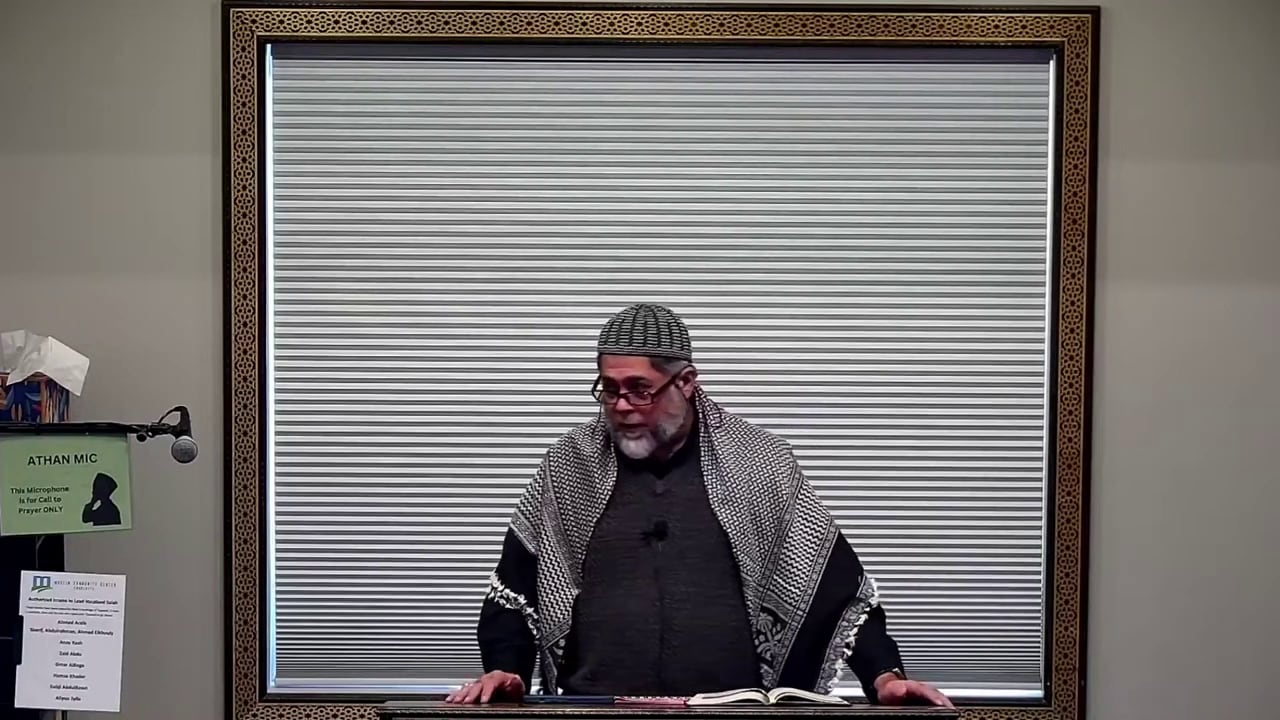
Following are excerpts from interviews with Anwar Al-Hawari and Osama Saraya, editors-in-chief of Egyptian Al-Ahram newspapers, which aired on Egyptian TV on April 12 and 17, 2009.
April 12, 2009:
Interviewer: [Egyptian] citizens ask: What does Iran want with us? Iran is a lovable Islamic neighboring country, but what does it want from us?
Anwar Al-Hawari: We should tell these [Egyptian citizens] that since the establishment of Israel in 1948, the greatest problem facing Israel and its supporters in the West and the U.S. is that Israel constitutes a minority in a vast Arab ocean, stretching from the Atlantic to the Gulf. So they began thinking... They want to change this equation so Israel can survive in this sea of Arabs. They wanted to disperse this ocean of Arabs, so they developed the mosaic theory. They wanted to establish, for example, the Greater Middle East. They say that there are Kurds, Arabs, Turkmens, Berbers, Shiites, Sunnis, Copts, Bedouins from the Sinai, people from Upper Egypt, from Lower Egypt... Thus, they shatter the unity of this region, the Arab nature of this region. How would they do this?
They started with the so-called Islamic Revolution in Iran. The Islamic Revolution in Iran was cooked up with the full knowledge of the American and French intelligence agencies, and a French plane got the American green light to carry Imam Khomeini to Tehran. Thus, a Persian Shiite minority was created. The balance of power which had existed was violated, and Iran and Iraq were unleashed one against the other in war. In the Gulf war, the recent invasion of Iraq, they shattered Iraq completely, and handed Iraq over to Iran. Iran is the de facto ruler of Iraq today.
Interviewer: Iran is not the ruler, but its influence on the ground is the greatest.
Anwar Al-Hawari: Yes. We have Israel, which represents the Jewish minority in the region, and we have the state that represents the Shiite Persian minority, so they have exploited the Shiite Persian state to serve Israel in many ways.
Interviewer: Who exploited it?
Anwar Al-Hawari: If you recall, I wrote this in my column this morning... Let me ask you a practical question, so people believe what I say. Throughout the Israeli war against Gaza, the role of Hizbullah and of that "genius" Hassan Nasrallah was to protect the Gaza borders [sic]. He served as the trustworthy protector of Israel's northern border, so that Israel could bomb Gaza, without worrying about Hizbullah on its border.
Interviewer: You are now turning the tables completely.
Anwar Al-Hawari: This is what happened... [Nasrallah] had instructions...
Interviewer: Fine, but the viewers believe that Hassan Nasrallah is the number one enemy of the Zionist entity.
Anwar Al-Hawari: He had instructions. I'll say it in English – he was committed.
Panelist: The facts speak for themselves.
Anwar Al-Hawari: He had instructions...
Interviewer: A regular citizen would say: Wasn't he the one who fought them?
Anwar Al-Hawari: This war was a mistake, and he apologized for it. He said so himself. He launched the war by mistake, for which he apologized. What Hassan Nasrallah is required to do is to prepare... The problem with the Iranian strategic plan is that they want to reach the Mediterranean Sea, so that their influence will spread to southern Europe and North Africa, and they will gain access to the Atlantic Ocean, and they will be able to negotiate with America properly.
[...]
I hope Sheik Hassan can hear me well.
Panelist: He's not a shiek or anything.
Anwar Al-Hawari: I hope that "genius" Hassan can hear me.
Panelist: Exactly.
Anwar Al-Hawari: Some liars tell him that he has supporters in Egypt. Let me say to him: Don't believe these liars. The Egyptian people view you as a lying sheik, a lowlife sheik, a despicable sheik, an aggressor sheik, a sheik who has no honor...
Interviewer: Don't use the word "sheik" together with all these adjectives.
Panelist: Call him whatever you want, but don't call him "Sheik."
Anwar Al-Hawari: He has lost his masculinity...
Interviewer: I protest the use of the word "sheik" with all these adjectives. It's unacceptable.
Anwar Al-Hawari: I'd like to say to him: What those liars tell you is not true. You have no status among the Egyptian public.
[...]
April 17, 2009:
Osama Saraya: If had not taken a firm stand with regard to this crime against Egypt, we would have lost the Palestinian cause and other Arab causes as well. This would have led to this party infiltrating all the Arab countries in the same way. [Hizbullah] would say: For the sake of the Palestinian cause, allow us to carry out operations in Bahrain, in the UAE, in Saudi Arabia, and in the Mosque of the Prophet in Al-Madina. The Iranians might tell you that they want to intervene, and that this mosque should belong only to the Prophet, and this would lead to significant changes in the religion of Islam. If we allow such conduct because we are afraid of Israel, this means we will hand over... Egypt has fought four wars against Israel to prevent Israeli hegemony in the Arab region.
[...]
Just because the Iranians and their mullahs are riding on the back of the Palestinian cause, and on the back of the Shiite Islamic revolution, and just because they want to export their revolution – we are surprised to accept that because of Israel and all that, we should allow Iran to gain hegemony over the Gulf, over Syria, and maybe even over Egypt, and all for the sake of the Palestinian cause?! With all due respect, this is unacceptable.
Egypt will resist any non-Arab hegemony over this region. This region is an Arab region. We will not allow Iran to benefit from the American occupation of Iraq, and from the weakening of Iraq in the region. We won't allow it to control Iraq, and then Syria, North Africa, and the Gulf. This is all unacceptable. Iran has always wanted to spread its revolution in the region. It failed to do so militarily, and today it faces certain historic circumstances, which make it think that it can enter the Arab region.
I would like to add a word of warning to our brothers in Palestine. The national liberation cause of the Palestinian people is an important issue, which commands the respect of the whole world. But once Iran began riding on its back, the cause was weakened, and it might be considered terrorism and extremism.













